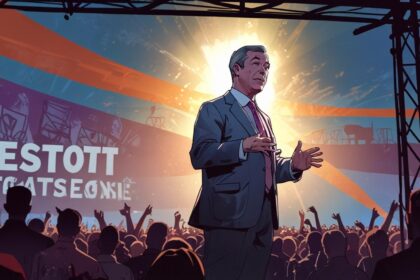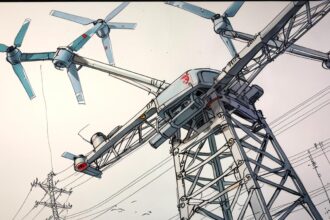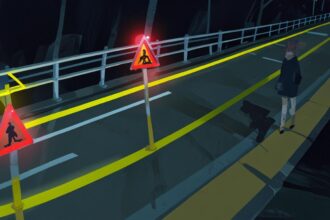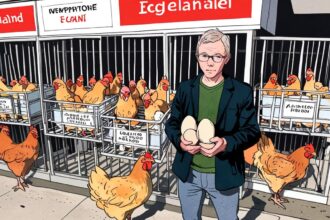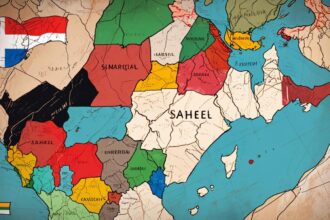In a move that diverges from the European Union’s stance, Hungarian Prime Minister Viktor Orbán congratulates Russian President Vladimir Putin on his re-election, sparking controversy amid the EU’s denunciation of Russia’s election process and raising questions about Hungary’s foreign policy direction.
In a notable diversion from the European Union’s stance, Hungarian Prime Minister Viktor Orbán congratulated Russian President Vladimir Putin on his “re-election,” amidst the EU’s criticism of the election’s undemocratic nature. This gesture underscores Hungary’s continued close relationship with Russia and Orbán’s advocacy for dialogue, even amid geopolitical tensions. Conversely, the EU, represented by Josep Borrell, has firmly rejected the legitimacy of Russia’s election process, particularly objecting to the inclusion of results from Ukraine.
Amid these developments, the EU is grappling with various pressing issues, including the Middle East crisis and the situation in Ukraine, at a summit where the need for cohesive action became apparent. Ukrainian President Volodymyr Zelenskiy has called for enhanced military support from the EU, emphasizing the significance of unity against Russian aggression. In parallel, Belgian Prime Minister Alexander De Croo and Swedish Prime Minister Ulf Kristersson have stressed the urgency of addressing the crisis in Gaza, advocating for a ceasefire and the provision of humanitarian aid. UN Secretary-General António Guterres has echoed the call for principled actions in both conflicts, urging consistency without double standards.
The EU is exploring modifications to its defense procurement policies, specifically considering how to amend a treaty restriction that prevents purchasing arms for Ukraine. This involves potential reinterpretations of Article 41(2) and the integration of the European Peace Facility (EPF) into the EU budget to streamline and expand military support. Legal discussions are ongoing about the feasibility of utilizing frozen Russian assets and possibly issuing joint debt to fund European defense projects, including aid for Ukraine.
In another development, escalating tensions between Russia and the West have been highlighted by a threatening declaration from Pyotr Tolstoy, the vice-president of the Russian Duma, who spoke of targeting French soldiers in Ukraine and alluded to the possibility of a nuclear strike on Paris. This comes as Russia conducted a missile attack on Kyiv, with all 31 missiles intercepted but resulting in casualties and property damage. The increasingly hostile rhetoric and actions from Russia have heightened concerns over a broader conflict involving NATO and the security dynamics in Europe and beyond.



